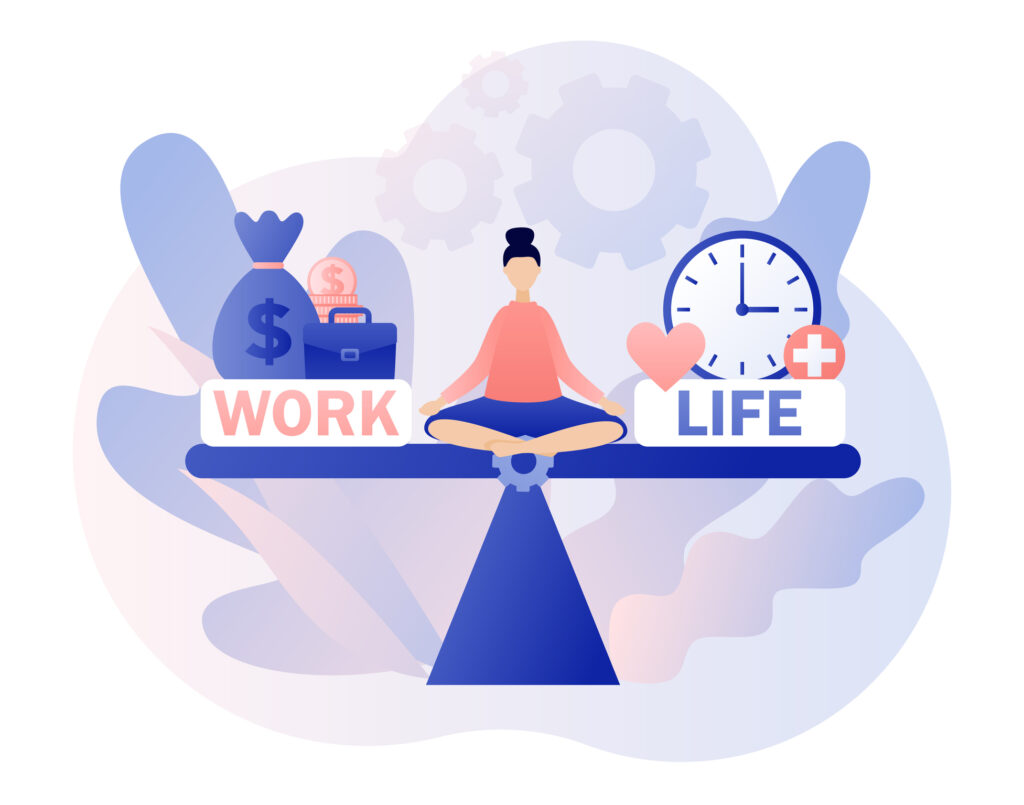Interview Preparation for a Successful Job Search in Your 20s

“It’s not the job I thought it would be.”
“I want to move to a higher-paying job.”
“I want to acquire skills for the future.”
Many people may feel that their job is different from what they thought it would be when they start working at the company after accepting a job offer. However, it is not recommended that you change jobs immediately just because you don’t like your current company.
Please think carefully about your future and whether changing jobs is really necessary. We have heard many people who wanted to quit their job in the first three months, so we suggest talking to my boss and asking for advice. If you are thinking of changing jobs now, I think it would be a good idea to talk to a close friend or your boss before making a drastic decision that could hamper your resume and make you look jumpy.
In this article, I’d like to talk about some points to help you succeed in interviews when you decide to change jobs.
When you start your job search, start with a simple self-analysis.
It will be much easier to write your CV if you summarise your current skills, career, and future career plans.
It is also very important to prepare and practice beforehand to appeal to the best of your ability at the interview. Ask yourself repeatedly why you are changing jobs, train yourself to imagine the interview, and go into the interview with confidence. If you are busy, I recommend writing down common interview questions on a piece of paper and practising their answers during breaks or while travelling. Repeated practice will help you gain confidence even if you are not good at presenting.
Tip for self-analysis
When you are interviewing for a new job, make sure to summarise your thoughts on what you did in your previous job, the results you achieved, and why you want to work for the new company. Be sure to think specifically about what you can do at the new company based on its business.
The following are some hints to help you analyse yourself.
Reasons for leaving the company (negative and positive reasons)
What you want to achieve by changing jobs (pay raise, skills you want to acquire, promotion, etc.)
Career goal setting (in 1 year, 3 years, 5 years, 10 years)
Job performance (recall specific examples and whether the new workplace needs those skills)
Sales points (strengths)
Job failures (how you dealt with them and the lessons learned)
The next important step in preparing for an interview is to gather information about the company.
The Internet has a wealth of information, so even if you don’t have time, you can prepare efficiently on the move. Unlike new graduates, mid-career job seekers need to be proactive and gather information on their own.
Also, be sure to check out the website of the company you have applied to. It is important not to judge a company by its size or name but to consider whether it is a company where you can use your skills and a company that could need you. Use sites like https://www.glassdoor.com/index.htm to get reviews of some interview processes.
By using the Internet to look at as many job postings as possible, you will be able to find a job that is right for you. The following are some of the main ways to gather information.
Recruitment agencies
After meeting with a consultant, you will be introduced to a company that matches your needs. They can also give you advice on your resume, CV, and interviews and provide you with total support for your job search until you receive a job offer.
Job sites
By registering with several job sites and viewing a variety of job postings, you can increase your chances of finding a job that meets your needs. The “scout mail” function is a service that you can use actively to receive e-mails introducing jobs that match your work history.
Hello Work
This is a public job placement agency that anyone can use for free for less senior roles.
Job fairs
Many of these fairs are free of charge and have the advantage of allowing you to meet many company representatives at once and hear their stories directly from the field. There are also interview preparation seminars and other opportunities to learn a variety of things in one day. I recommend that you visit one of these seminars if you have time.
In addition to general questions, you may also be asked questions that are difficult to answer.
Job blank period
The number of job changes
Short periods of continuous work
Mismatch or lack of skills
You need to prepare your answers in advance so that you don’t give a negative impression.
Changing jobs is not easy and might take a long time. Remember to often take some time to refresh and check your plan and decisions from a different perspective to make sure you are comfortable with the action you are taking. Good luck.
Please contact us today if you’re interested in changing jobs or finding out about potential options for you.


